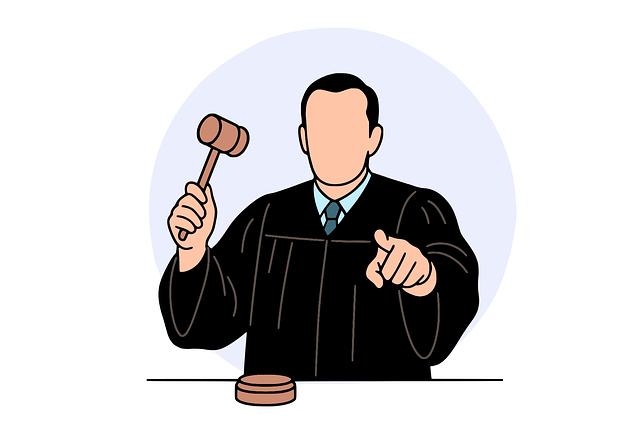When a person dies due to another's negligence, their family members may be entitled to wrongful death compensation, providing financial support and justice for losses like medical expenses, pain & suffering, and loss of companionship. Life insurance benefits, structured as whole life, term life, or universal life, serve as a safety net upon the insured's passing. In complex cases like partnership disputes or suspected elder abuse, legal experts should be consulted to understand rights and secure full compensation, including potential wrongful death compensation. Deciding between compensation and life insurance can be challenging; an experienced attorney can help families navigate these options effectively during a difficult period.
In the event of a tragic loss due to someone else’s negligence, understanding your options for financial support is crucial. This article explores two key sources of recovery for wrongful death: wrongful death compensation and life insurance benefits. We’ll break down what each entails, how they differ, and provide insights on maximizing your family’s recovery. By understanding these options, you can navigate the complexities with confidence, ensuring financial security during difficult times.
- Understanding Wrongful Death Compensation: What It Covers and Who Is Entitled
- Life Insurance Benefits: Types, Payouts, and Claims Process
- Comparing Options: Maximizing Recovery for You and Your Family
Understanding Wrongful Death Compensation: What It Covers and Who Is Entitled

When a person’s life is lost due to another party’s negligence or wrongful act, their family members may be entitled to compensation through what’s known as wrongful death compensation. This legal process aims to provide financial support and justice for those left behind. It covers various aspects, including medical expenses incurred before the deceased’s passing, pain and suffering, loss of companionship, and economic losses stemming from the death.
Those who can file a wrongful death claim typically include spouses, children, parents, or other close relatives. In nursing home abuse cases, for instance, where serious injuries or wrongful death occur due to the negligence of caregivers, family members may seek compensation to cover not only medical costs but also the loss of quality of life and emotional distress experienced by the deceased’s loved ones. Understanding these entitlements is crucial when navigating contract disputes arising from such tragic events.
Life Insurance Benefits: Types, Payouts, and Claims Process

Life Insurance benefits offer a financial safety net for beneficiaries upon the insured’s passing. These benefits can be structured in various ways, with the most common types being whole life, term life, and universal life insurance. Whole life policies provide a guaranteed payout at death, while term life offers coverage for a specific period. Universal life, on the other hand, allows flexibility in terms of premiums and payout amounts.
The claims process typically involves submitting an application to the insurance company, providing proof of death, and gathering relevant documents such as the policy itself and any medical records. Upon validation, the insurer evaluates the claim and disports the payout according to the policy terms. This process can be straightforward but may become complex in cases like partnership disputes or instances of suspected elder abuse, where additional legal considerations come into play. In the event of a wrongful death, beneficiaries should promptly consult with legal experts to understand their rights and ensure they receive the full compensation due under their insurance policy.
Comparing Options: Maximizing Recovery for You and Your Family

When faced with the loss of a loved one due to wrongful death, understanding your options for recovery is crucial. One common question arises: should you pursue wrongful death compensation or rely on life insurance benefits? Both have their merits and can significantly impact the future financial stability of you and your family.
Comparing these options requires careful consideration. Wrongful death compensation offers a direct and substantial financial recovery for the loss suffered. This can be especially beneficial in cases involving catastrophic events like truck accidents, where the liability is clear. On the other hand, life insurance benefits provide a more structured and often predictable stream of income, ensuring your family’s financial security without the need for lengthy legal battles. A seasoned truck accident attorney can guide you through this process, helping to maximize recovery potential while ensuring your family receives the support they need during an emotional time.
When facing the loss of a loved one due to someone else’s negligence, understanding your options for financial support is crucial. While life insurance benefits provide a fixed sum to ease the financial burden, wrongful death compensation aims to cover a broader range of damages, including medical expenses, lost earnings, and emotional distress. By comparing these two options, you can make an informed decision to maximize recovery and ensure your family’s well-being during an otherwise challenging time.






